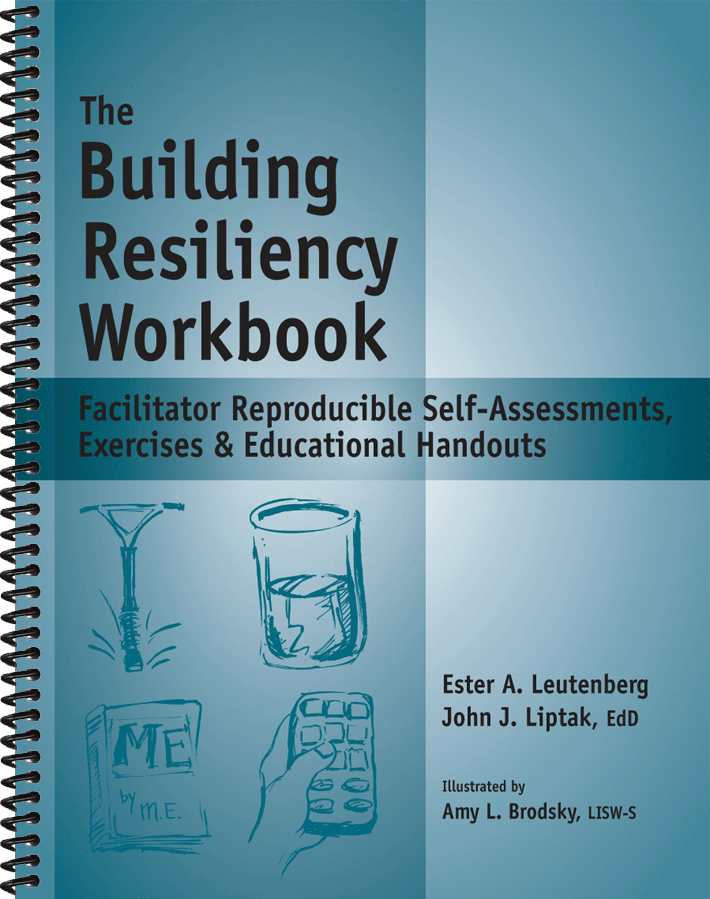In response to the pandemic, most mental health practitioners have seen a rise in their caseload as well as a rise in the depression those clients present. Professionals struggle to replace solutions relied upon in the past. Time-tested solutions are challenged by the reality of pandemic living.
It is almost inevitable that this increase in our workload and the intensity of clients’ symptoms create increased stress for the therapist. Furthermore, upon leaving work, those who work in mental health are exposed to the same issues with which our clients’ struggle. Dealing with what is hoped to be the tail-end of the pandemic, almost everyone is finding personal issues are more intense than they were pre-pandemic. Finding a balance between work and the rest of our lives is more important than ever.
The symptoms of burnout are well known. To bring them to the forefront, watch for:
- Emotional exhaustion.
- A lack of engagement with and/or negative feelings about one’s job.
- A decline in work performance, efficacy, and/or sense of professional accomplishment.
How can mental health care professionals keep from sinking into a morass of depression, anxiety, and despair? How can we rise up and overcome? Resiliency is the key. Here are some great suggestions from Diana Concannon, PsyD, dean of the California School of Forensic Studies at Alliant International University on how to increase our resiliency.
- Adopt a positive mindset toward stress.
- Tap into compassion satisfaction.
- Engage in self-support activities.
- Start or join a peer-support group for some like-minded support.
Retrieved from https://pro.psycom.net/special_reports/covid-mental-health-providers-burnout-self-carehttps://pro.psycom.net/special_reports/covid-mental-health-providers-burnout-self-care. February 10, 2022.
Unless otherwise noted, the following material is excerpted from The Building Resiliency Workbook, by Ester Leutenberg and John Liptak, EdD.
Resiliency will help:
- Manage life’s challenges, stresses, changes, and pressures effectively.
- Cope and adapt successfully to adversity.
- Bounce back to a balanced state after facing a major disruption in life or career.
Journaling is another extremely powerful tool. Many folks have lovely journals beside the bed that are buried beneath the “I need to read this” pile, gathering dust. Many others have a blue exam book or something like it filled with their thoughts written faithfully each night. You don’t need to write daily. You haven’t failed if you miss a few. Just pick it up and go on when you feel ready to do so.
From a physical point of view, writing reduces stress and lowers muscle tension, blood pressure and heart rate levels. Psychologically, writing reduces sadness, depression, and general anxiety, and leads to a greater level of life satisfaction and optimism. Behaviorally, writing leads to enhanced social skills, emotional intelligence and creativity. It also leads to improved resiliency and the ability to deal effectively with adversity and stress in life.
Follow this link to an exercise called Hope. It is a simple journaling exercise, recalling what is often forgotten. Hope does, indeed, spring eternal. Hope will help you rise up above stress and depression.
HOPE: https://wholeperson.com/pdf/Hope-Building-Resiliency.pdf
Here are some favorite quotes about optimism, another integral part of resiliency. Choose one or two and journal about them. Remember, no one sees your journal entries except you. Don’t worry about grammar, syntax, punctuation, or the like. Just let it flow.
Optimism is essential to achievement, and it is also the foundation of courage and true progress.
~ Nicholas Butler
Too much of a good thing is wonderful.
~ May West
My optimism for life carried through my work.
~ John Dyer
One of the things I learned the hard way was that it doesn’t pay to get discouraged. Keeping busy and making optimism a way of life can restore your faith in yourself.
~ Lucille Ball
Optimism is the faith that leads to achievement. Nothing can be done without hope and confidence.
~ Helen Keller
The average pencil is seven inches long, with just a half-inch eraser – in case you thought optimism was dead.
~ Robert Brault
Go forth into the busy world and love it. Interest yourself in its life; mingle kindly with its joys and sorrows.
~ Ralph Waldo Emerson

